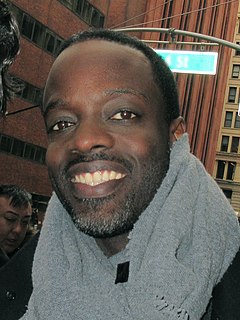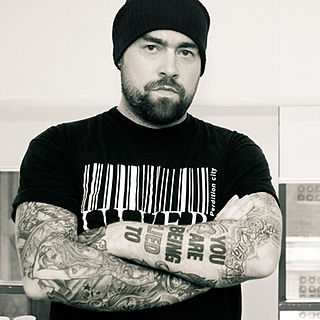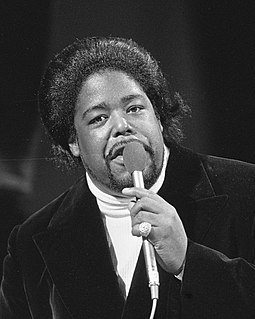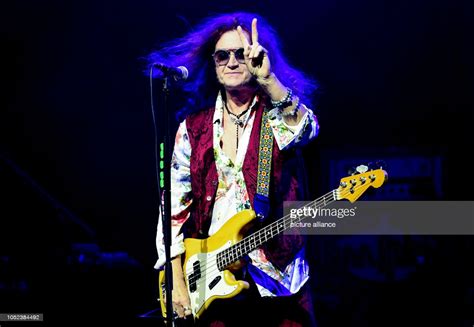A Quote by Alesha Dixon
Even though it's called Music Of Black Origin, it's not just music for black people. Music is for everybody. I think it's good that black music is acknowledged, and it's open for lots of artists, including white artists who have been inspired by black musical heritage.
Related Quotes
White artists have made millions of dollars off music they stole from black artists. I don't blame all the white artists. I'm a huge Stevie Ray Vaughn fan, and he was always very gracious about where he learned his music. But a lot of the time, you'd think the white guys thought it up. Hey, hasn't anyone heard of Muddy Waters?
Black people's music is in a class by itself and always has been. There's nothing like it. The reason for that is because it was not tampered with by white people. It was not on the media. It was not anywhere except where black people were. And it is one of the art forms in which black people decided what is good in it. Nobody told them. What surfaced and what floated to the top, were the giants and the best.




































